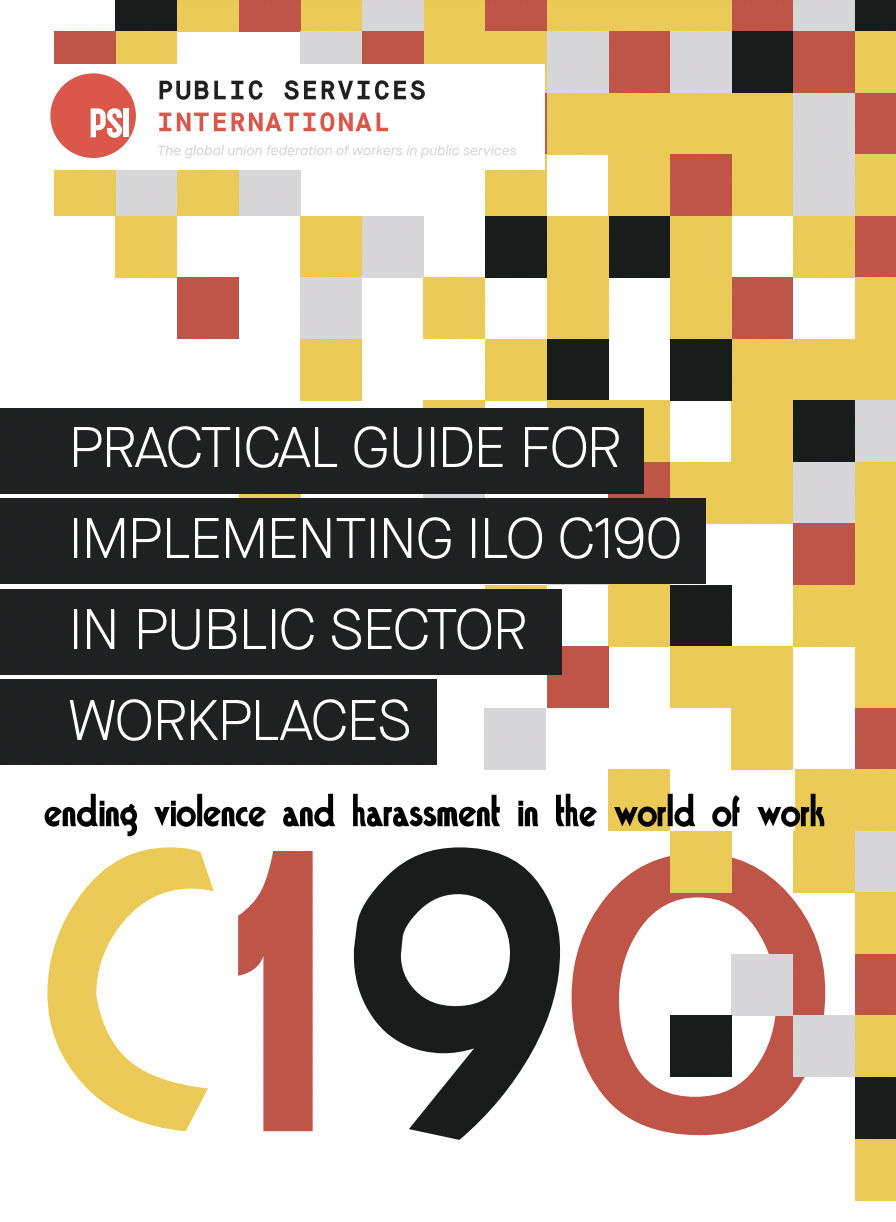In June 2019, the International Labour Organization (ILO) made history by adopting two groundbreaking instruments to combat violence and harassment in the workplace: Convention 190 (C190) and Recommendation 206 (R206). This was a significant victory for the global labour movement, which has long championed safe and secure work environments.
Public sector workers often face bullying and harassment, not only from citizens demanding better services but also from rigid, bureaucratic management systems hampered by budget constraints. This leads to stress, low morale, and reduced productivity, ultimately impacting service delivery.
In countries where C190 has been ratified, unions can pressure public sector employers to take the lead in applying the convention across all departments. This includes establishing confidential reporting channels, awareness programs, and policies that foster safer work environments.
Public sector workers are among the most unionized globally, positioning them as key players in advocating for workplaces free from violence and harassment. Whether C190 is ratified or not, unions are pivotal in raising awareness of these issues and collaborating with employers to improve working conditions.
C190 reflects years of hard-fought progress in addressing gender-based violence and harassment in the workplace. It provides clear guidance for trade unions, workers, and employers on how to prevent, protect, and enforce regulations against these abuses. The convention also promotes training, awareness, and solidarity, fostering a shared commitment to creating safe workplaces.
To further this effort, Public Services International (PSI), the global federation for public service workers, has introduced Practical Guide for Implementing ILO Convention 190 in Public Sector Workplaces. This guide offers practical tools and approaches to strengthen unions’ efforts to eliminate workplace violence and harassment.
Aimed at worker leaders already familiar with C190, the guide includes discussion questions, real-life stories, video clips, articles, and strategies to put C190 and R206 into action. It encourages users to draw lessons from diverse stories and strategies, applying universal insights across various contexts.
This guide is produced by Public Services International in partnership with the Labour Research Service and the Trade Union Solidarity Centre of Finland.
RELATED RESOURCES
- Health care workers at risk in a society that does not value the work of caring
- Strategies to end school-related gender-based violence: The experience of education unions in Africa
- Taking Action on Violence and Harassment against LGBTQI+ Workers (Facilitator Guide)
- Taking Action on Violence and Harassment against LGBTQI+ Workers (Participant Handbook)
- Workplace rights belong to everyone: Negotiating for inclusivity and against discrimination








